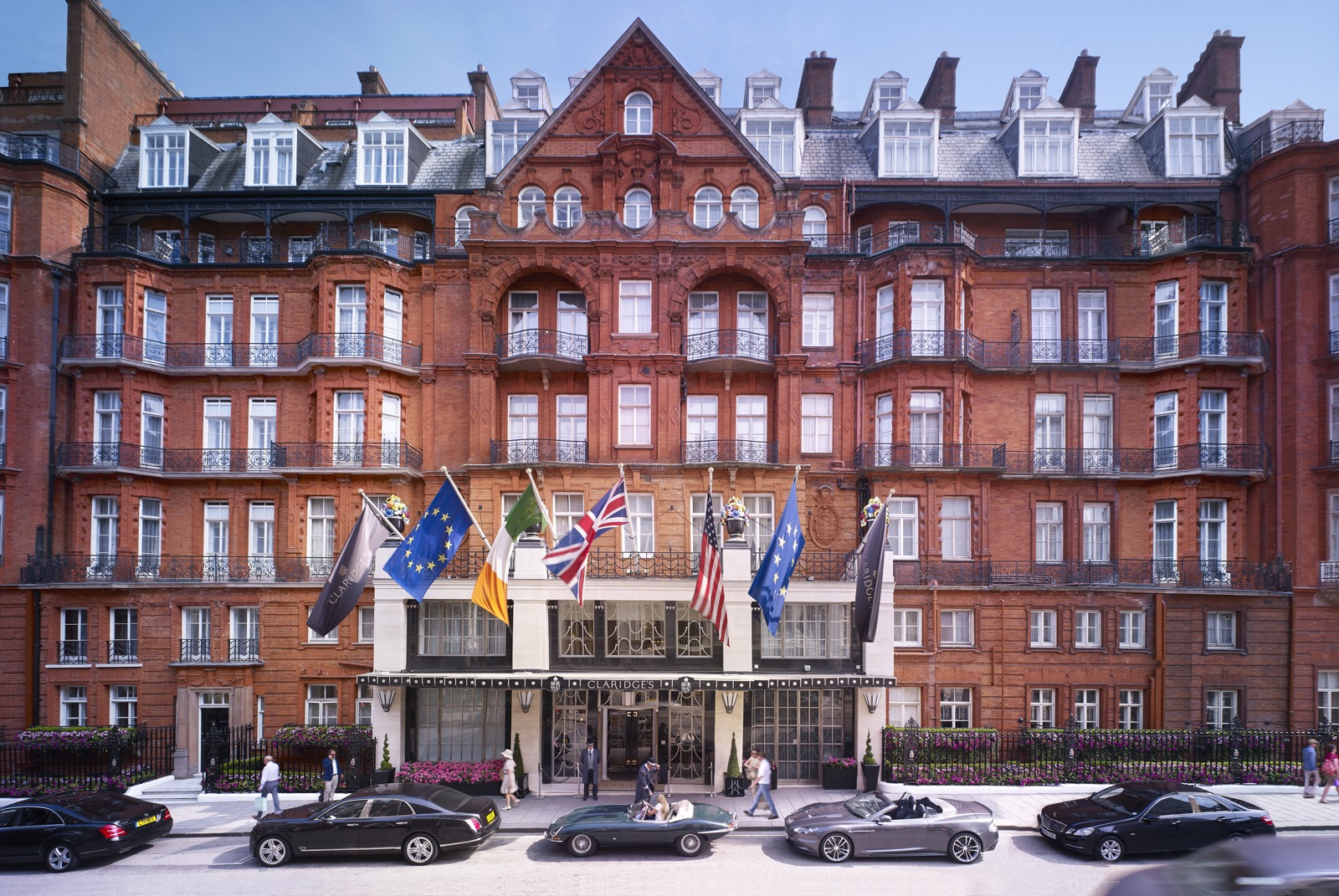There are a handful of ultra-prime hotels in the world: The Ritz (London), The Ritz (Paris), Claridge’s, The Connaught, The Berkeley, The Peninsula, The Crillon. Like top football clubs, their position is unassailable. They are the ultimate trophy assets. A mere centi-millionaire may own a dozen five-star hotels, but there is only one owner of Claridge’s. That is why these hotels are coveted. Fights to secure the ultra-prime London hotels have ruined friendships, business relationships and even destroyed families. The billionaire Barclay twins fell out over the sale of the Ritz Hotel — that’s after they lost an epic four-year…
Cancel at any time. Are you already a member? Log in here.
Want to read the full story?
Unlock this article – and everything else on The Currency – with an annual membership and receive a free Samsonite Upscape suitcase, retailing at €235, delivered to your door.

